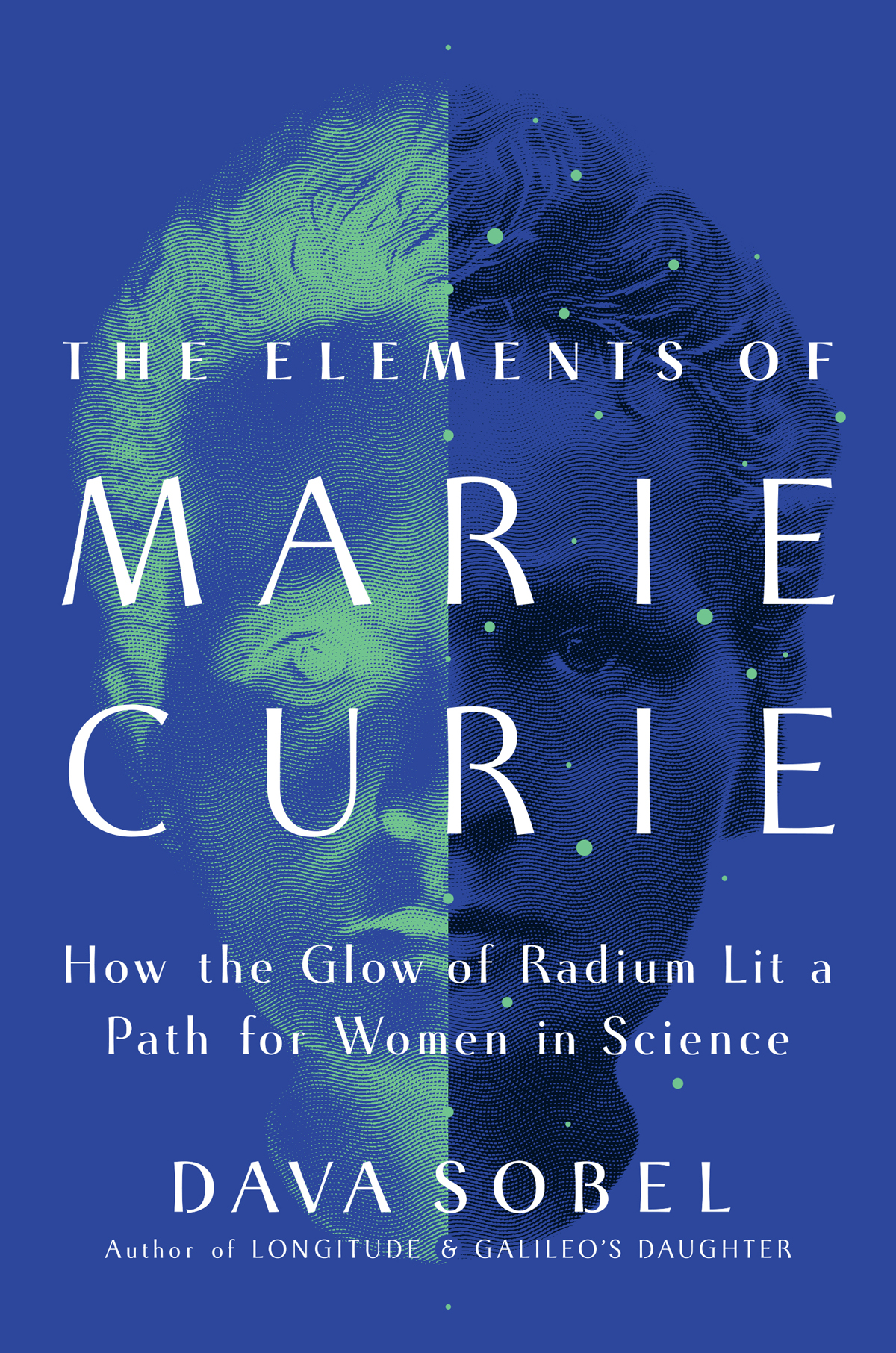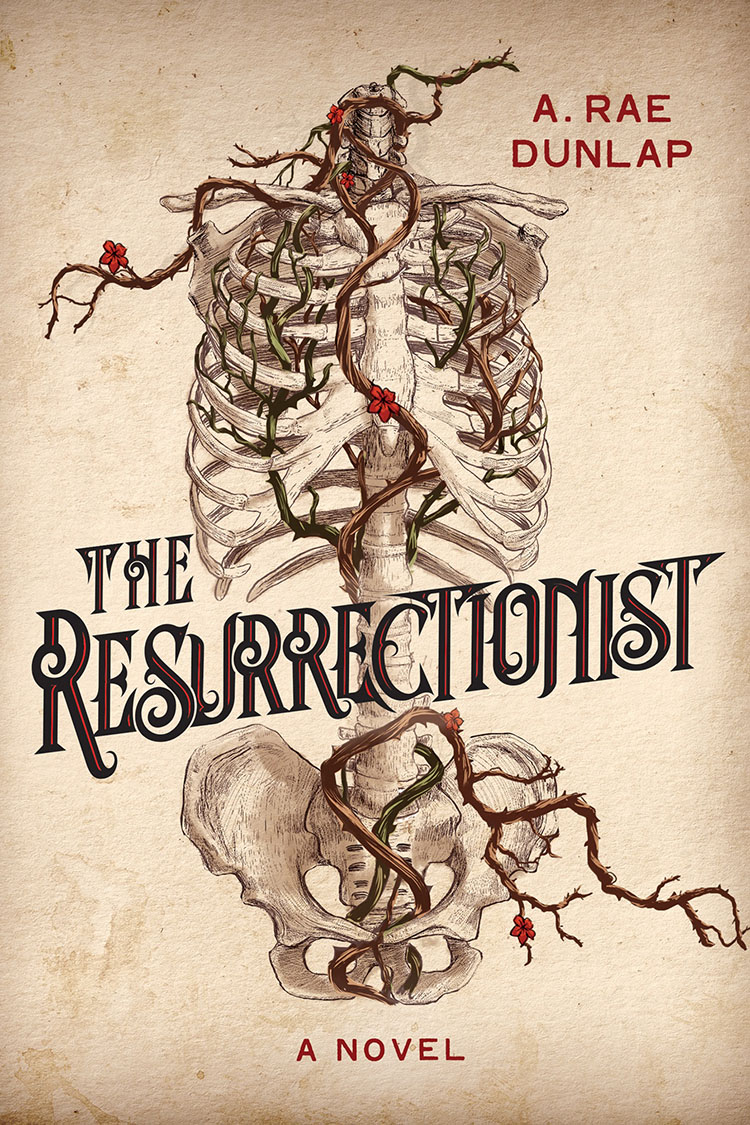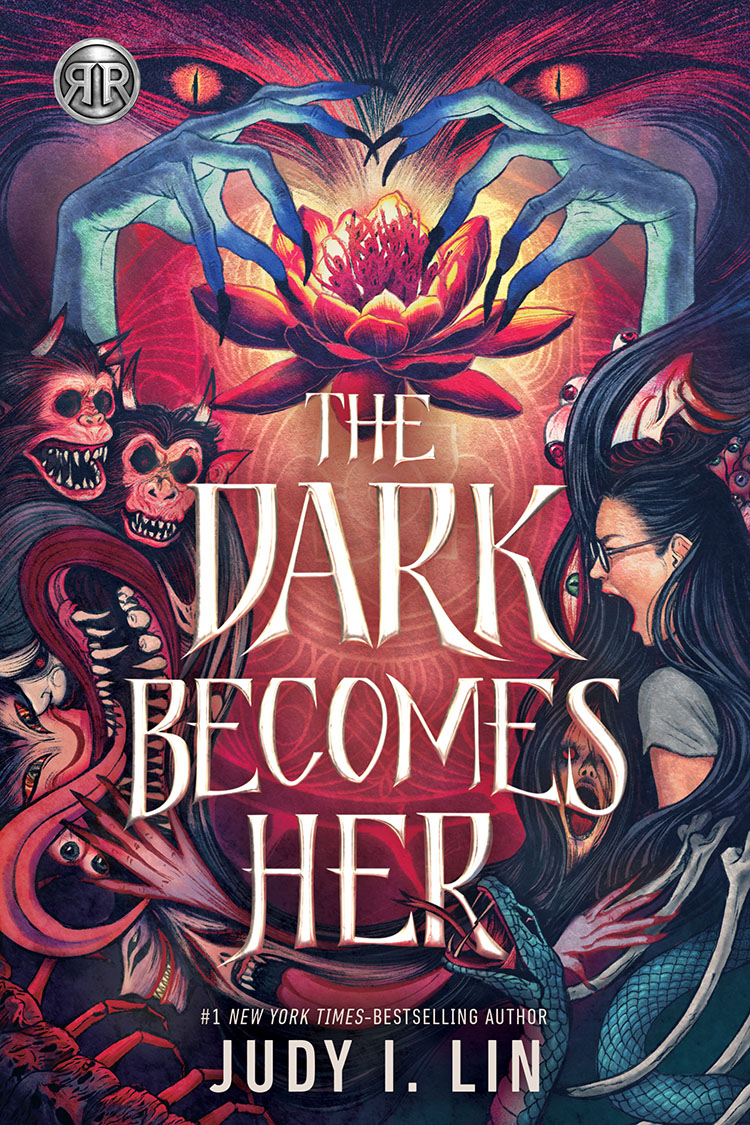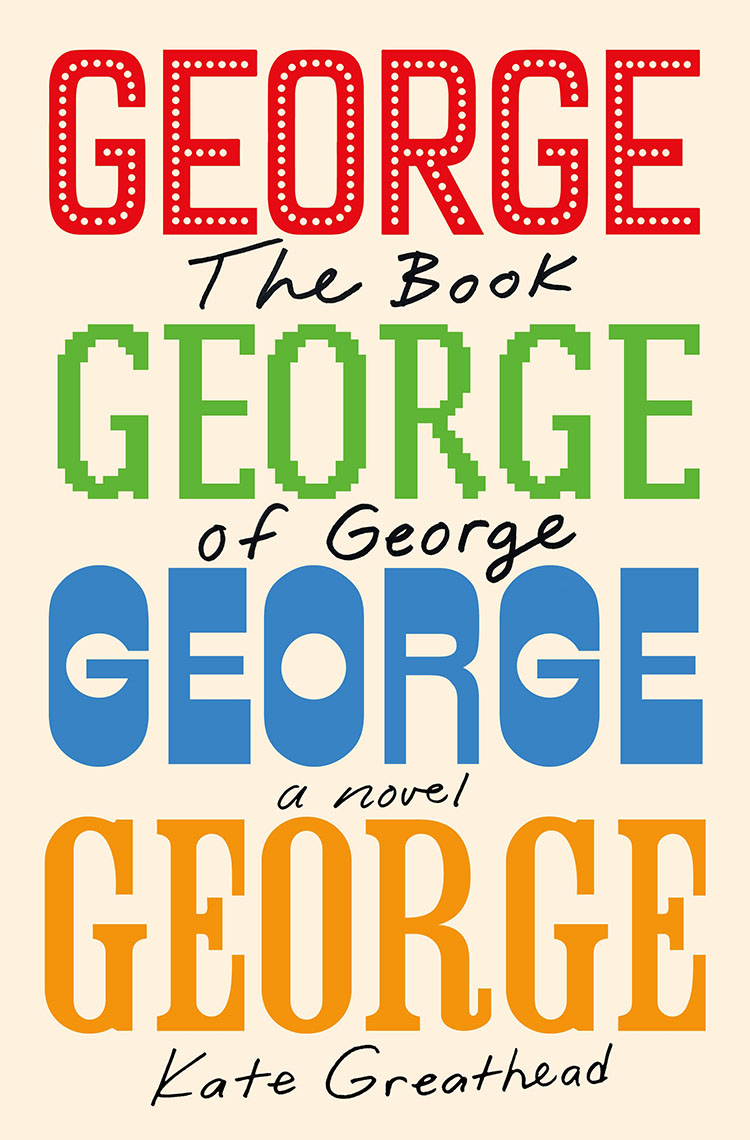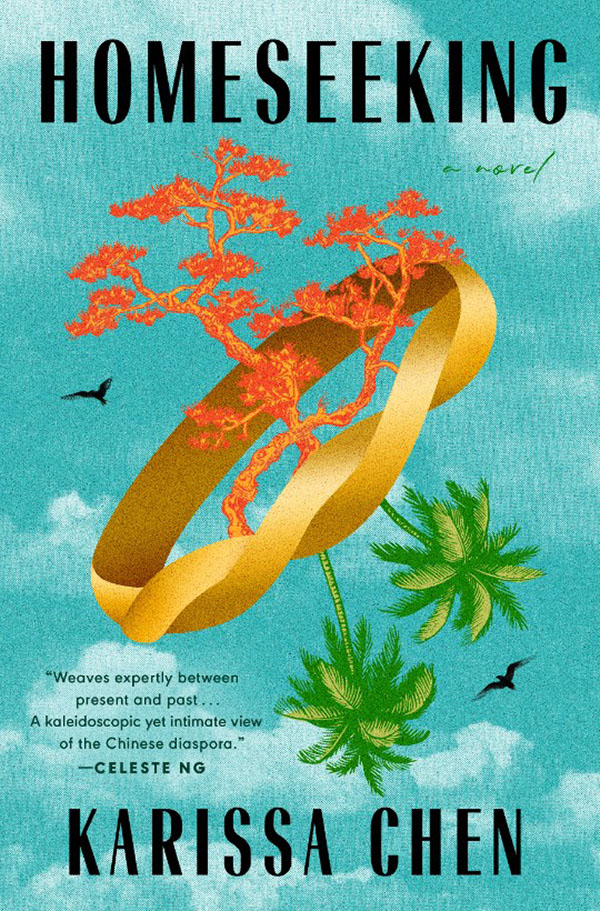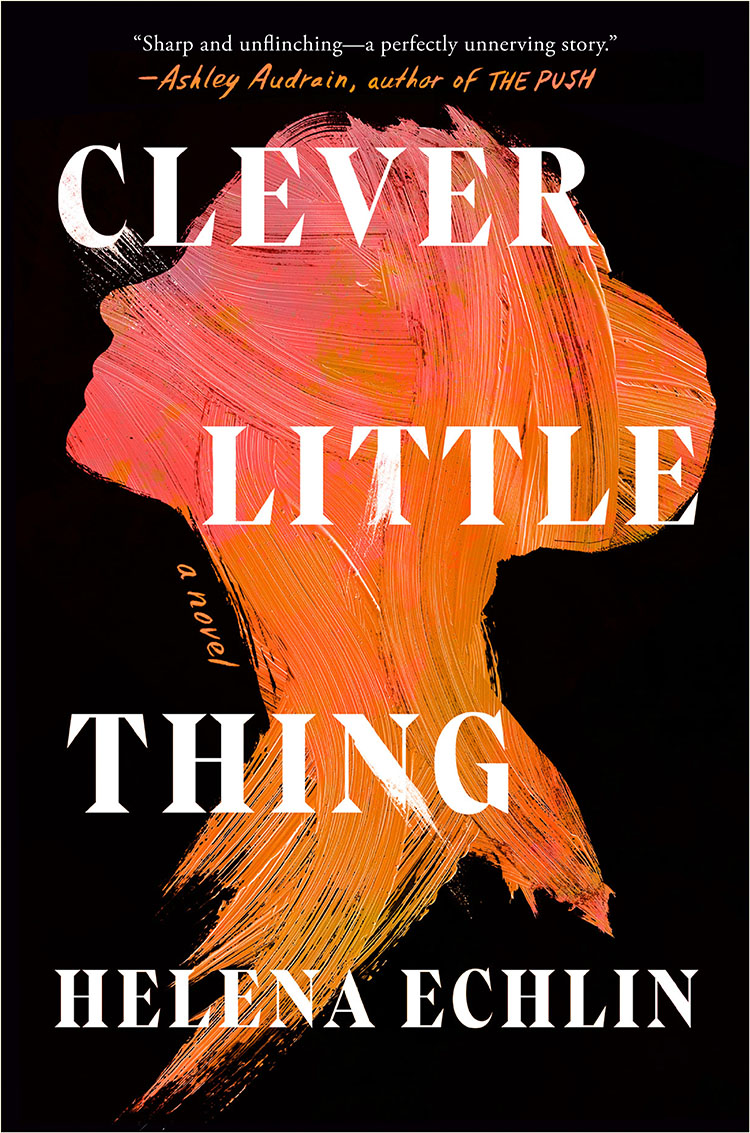On the streets of 1970s Brooklyn, a daily ritual goes down: the dance. Money is exchanged, belongings surrendered, power asserted. The promise of violence lies everywhere, a currency itself. For these children, Black, brown, and white, the street is a stage in shadow; some days it may seem that no one knows what happens there. Yet in the wings hide the other players: parents; cops; renovators; landlords; those who write the headlines, the histories, and laws; those who award this neighborhood its name. The rules seem obvious at first. But in memory’s prism, criminals and victims may seem to trade places. The voices of the past may seem to rise and gather as if in harmony, then make war with one another. A street may seem to crack open and reveal what lies behind its glimmering facade. None who lived through it are ever permitted to forget. Written with kaleidoscopic verve and delirious wit, Brooklyn Crime Novel is a breathtaking tour de force by a writer at the top of his powers. Jonathan Lethem, “one of America’s greatest storytellers,” (Washington Post) has crafted an epic interrogation of how we fashion stories to contain the uncontainable: our remorse at the world we’ve made.
Archives
The Arrest
From the award-winning author of The Feral Detective and Motherless Brooklyn comes an utterly original postapocalyptic yarn about two siblings, the man that came between them, and a nuclear-powered super car. The Arrest isn’t post-apocalypse. It isn’t a dystopia. It isn’t a utopia. It’s just what happens when much of what we take for granted—cars, guns, computers, and airplanes, for starters—quits working. . . . Before the Arrest, Sandy Duplessis had a reasonably good life as a screenwriter in L.A. An old college friend and writing partner, the charismatic and malicious Peter Todbaum, had become one of the most powerful men in Hollywood. That didn’t hurt. Now, post-Arrest, nothing is what it was. Sandy, who calls himself Journeyman, has landed in rural Maine. There he assists the butcher and delivers the food grown by his sister, Maddy, at her organic farm. But then Todbaum shows up in an extraordinary vehicle: a retrofitted tunnel-digger powered by a nuclear reactor. Todbaum has spent the Arrest smashing his way across a fragmented and phantasmagorical United States, trailing enmities all the way. Plopping back into the siblings’ life with his usual odious panache, his motives are entirely unclear. Can it be that Todbaum wants to produce one more extravaganza? Whatever he’s up to, it may fall to Journeyman to stop him. Written with unrepentant joy and shot through with just the right amount of contemporary dread, The Arrest is speculative fiction at its absolute finest.
Dissident Gardens
A dazzling novel from one of our finest writers—an epic yet intimate family saga about three generations of All-American radicals.
At the center of Jonathan Lethem’s superb new novel stand two extraordinary women. Rose Zimmer, the aptly nicknamed “Red Queen” of Sunnyside, Queens, is an unreconstructed Communist and mercurial tyrant who terrorizes her neighborhood and her family with the ferocity of her personality and the absolutism of her beliefs. Her brilliant and willful daughter Miriam is equally passionate in her activism, but flees Rose’s suffocating influence and embraces the Age of Aquarius counterculture of Greenwich Village.
Both women cast spells that entrance or enchain the men in their lives: Rose’s aristocratic German Jewish husband Albert; her nephew the feckless chess hustler Lenny Angrush; Cicero Lookins, the brilliant son of her black cop lover; Miriam’s (slightly fraudulent) Irish folk singing husband Tommy Gogan; their bewildered s on Sergius. These flawed, idealistic people all struggle to follow their own utopian dreams in an America where radicalism is viewed with bemusement, hostility or indifference.
As the decades pass—through the parlor communism of the ’30s, McCarthyism, the civil rights movement, ragged ’70s communes, the romanticization of the Sandinistas, up to the Occupy movement of the moment —we come to understand through Lethem’s extraordinarily vivid storytelling that the personal may be political, but the political, even more so, is personal.
Brilliantly constructed as it weaves across time and among characters, Dissident Gardens is riotous and haunting, satiric and sympathetic, and a joy to read.

